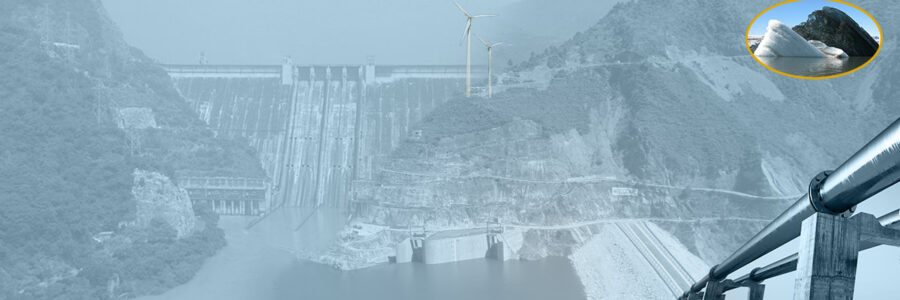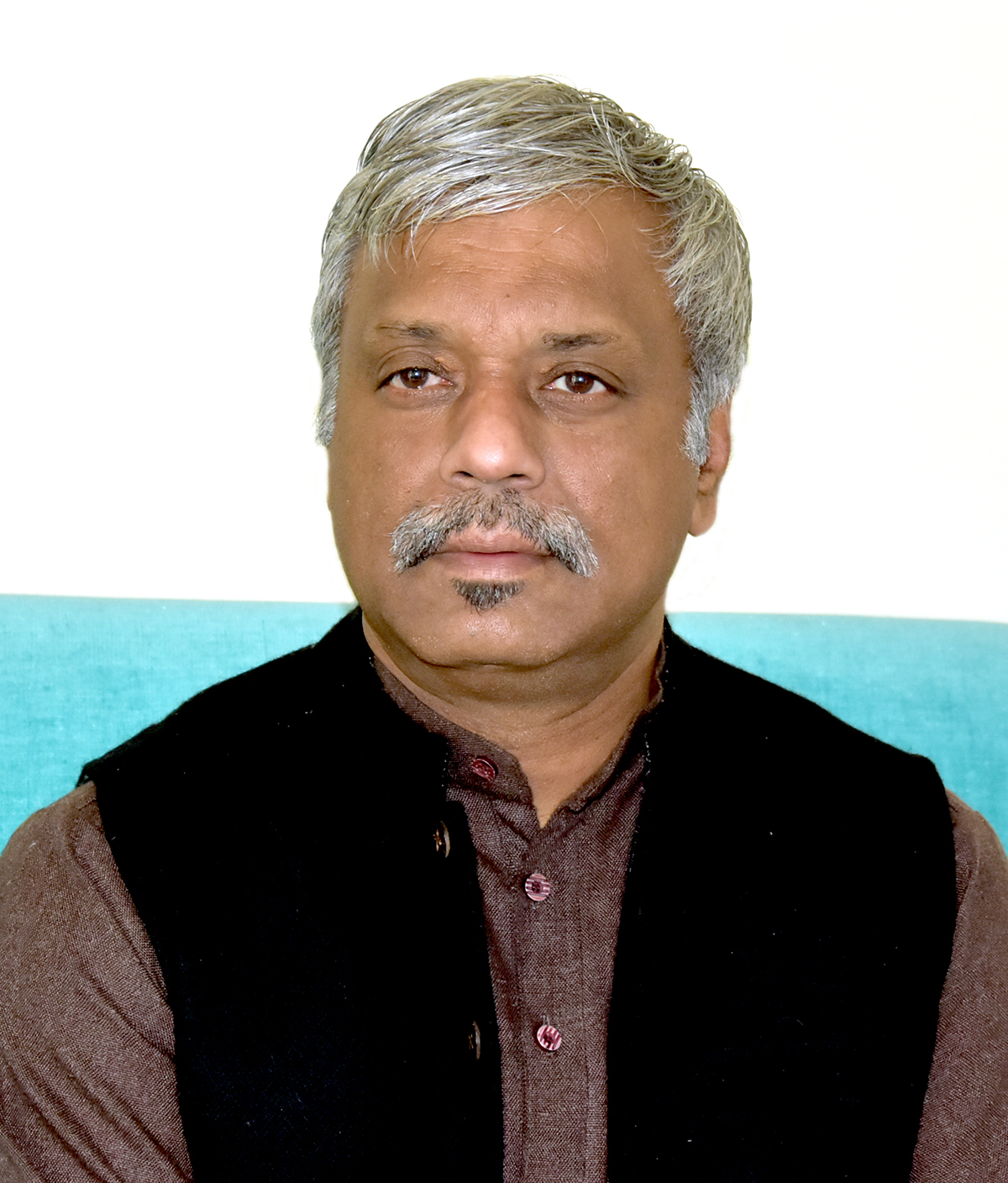Climate Change and Environmental Degradation in Tibet: Implications for Environmental Security in South Asia
Both the Chinese government and the Tibetans are in agreement over the impending issues relating to the adverse impact of climate change on Tibet while the India-specific data on glacier melt is as yet inconclusive. There is, however, a difference of perception in Sino-Tibetan discourse over the capitalist model of economic development being undertaken by China which is at variance with the cultural practices of Tibetans, informed and regulated as they are with the Buddhist values of oneness with nature. Nomadism is also fundamental to the preservation of the ecology of Tibet.
- P. K. Gautam
- September 2010












